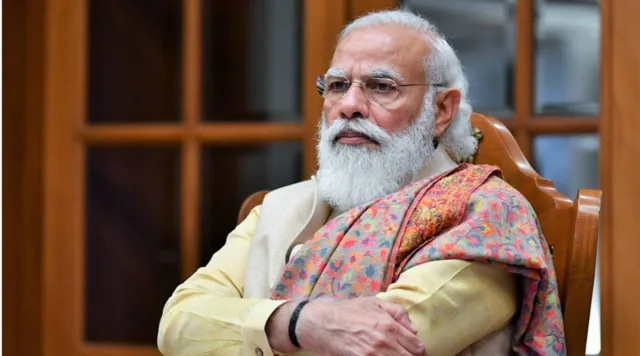
As India welcomes the Modi 3.0 era, the country is poised on the brink of a transformative health care evolution. The recent electoral outcomes not only reaffirm the nation’s trust in Prime Minister Narendra Modi’s vision but also set the stage for significant digital advancements. A pivotal focus in this new phase is the Unified Health Initiative (UHI), aimed at integrating Artificial Intelligence (AI) and digital technologies to overhaul the health care system.
Transforming Healthcare through AI
India’s health care sector, plagued by a critical shortage of medical professionals, linguistic and educational hurdles, and inconsistent access to essential medicines, stands to gain immensely from AI-driven innovations. The introduction of AI promises a significant enhancement in healthcare efficiency, cost reduction, and improved patient care outcomes. These advancements are not merely about economic growth but are pivotal in reshaping how health care is accessed and delivered across the nation.
Economic Impact and Technological Innovations
The potential economic impact of AI in healthcare is vast. Although it’s challenging to quantify precisely, experts concur that AI’s integration into health care will be transformative over the next decade. This shift is anticipated to contribute significantly to India’s economic development, possibly establishing India as a frontrunner in global health technology.
In the diagnostic sector, institutions like the Tata Medical Centre and the Indian Institute of Technology are pioneering the use of AI to enhance cancer research through a de-identified cancer image bank that facilitates biomarker detection. Moreover, companies such as PharmEasy are leveraging AI to optimize pharmacy services, linking thousands of pharmacies and serving millions of customers nationwide.
Revolutionizing Clinical Trials and Surgical Procedures
AI’s influence extends beyond diagnostics and includes the pharmaceutical sector, clinical trials, and even surgical procedures. For example, AI is revolutionizing clinical trials by increasing the speed of trial designs, improving patient recruitment, and minimizing dropout rates. This acceleration is crucial for the timely development and availability of new medical treatments.
In surgical rooms, AI-assisted procedures are becoming more prevalent. These technologies enhance surgical precision, shorten recovery periods, and improve overall patient outcomes, marking a significant advancement in medical treatment methods.
Apna Vaidya: AI-Enabled Health Assistance
One notable initiative, Apna Vaidya, integrates AI with popular communication platforms like WhatsApp to provide a comprehensive health assistant. This service addresses basic health inquiries, facilitates doctor discovery, and offers drug information and health insurance guidance. By using a widely adopted platform, Apna Vaidya makes essential health services accessible to a broader audience, demonstrating how AI can bridge the gap in healthcare accessibility, especially in remote areas.
The journey towards a digitally empowered India, as envisioned in Modi 3.0, is marked by significant milestones such as the Unified Health Initiative. Leveraging AI and digital tools, this initiative is set to revolutionize India’s healthcare landscape, making it more efficient, accessible, and prepared to meet future challenges.


















